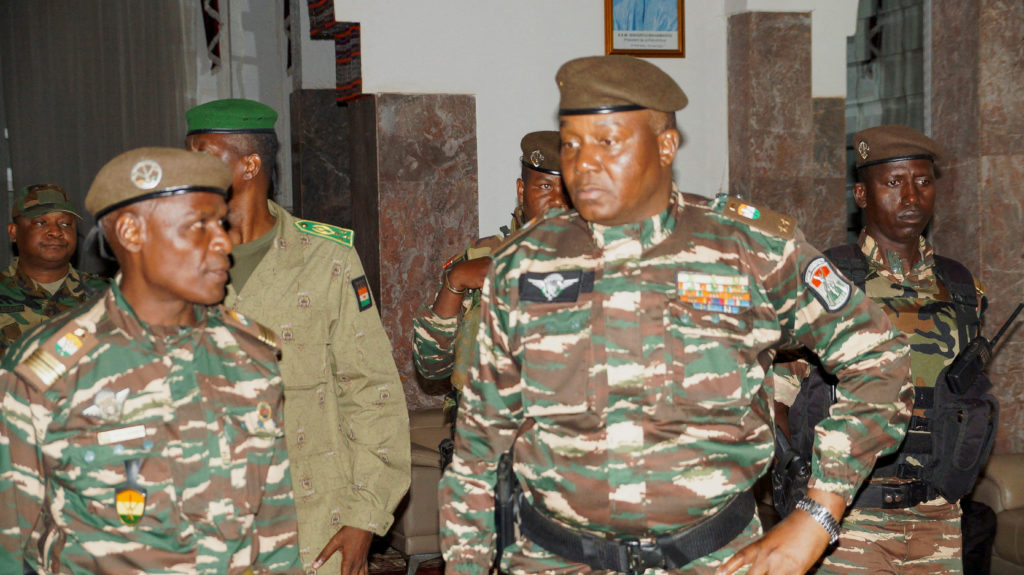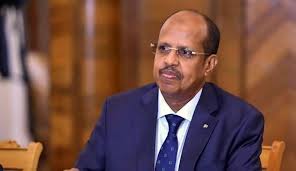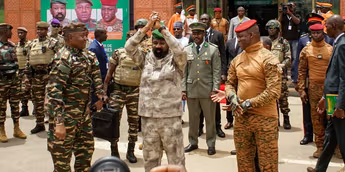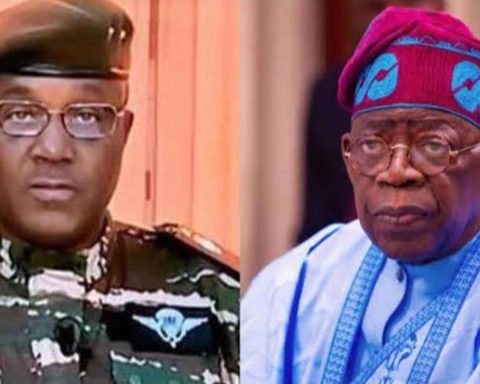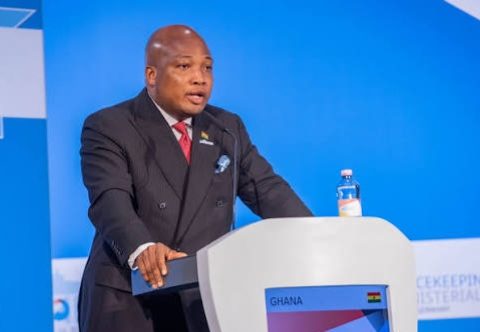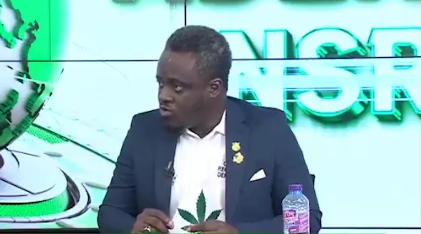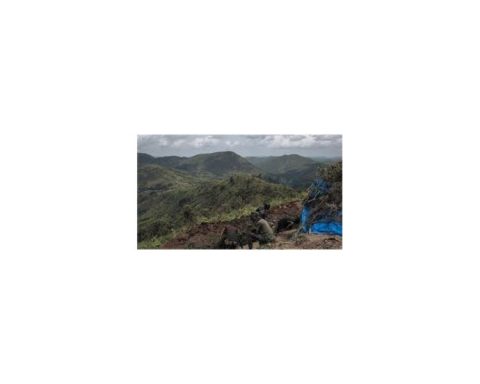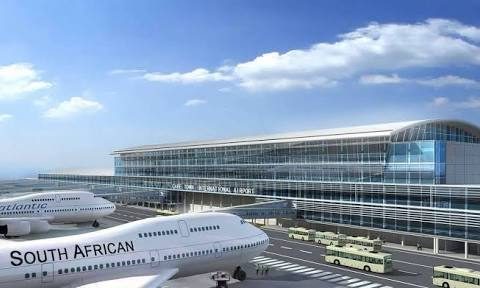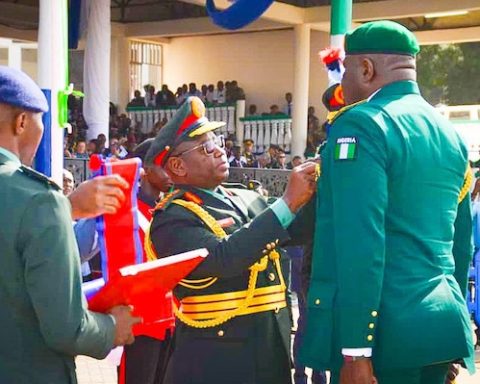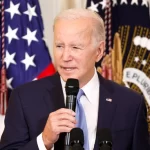The African Union has suspended the Republic of Niger from participating in its activities over the recent military coup. The coup, staged on July 26, abruptly toppled the democratic government of President Mohamed Bazoum, prompting swift international condemnation. In a communique released on Tuesday, the African Union outlined its stance.
“The AU decides, in line with the relevant AU instruments, to immediately suspend the participation of the Republic of Niger from all activities of the AU and its Organs and institutions until the effective restoration of constitutional order in the country,” the statement read.
Join our WhatsApp ChannelThe AU’s move underscored its unwavering commitment to upholding democratic norms and principles across the African continent.
READ ALSO: Niger Coup: Peter Obi Calls For Swift Transition To Democratic Rule
Addressing the issue, the African Union Chairperson, Amina Mohammed, said: “We cannot stand idly by while the foundations of democracy are undermined by such actions. Niger’s suspension serves as a reminder to all member states that we value the rule of law and the voice of the people.”
In response to the suspension, Niger’s military junta issued its own statement, expressing its disappointment but also a willingness to engage in talks. “While we understand the concerns of the AU, we believe that our actions were necessary to ensure stability and security in our nation,” a spokesperson for the junta remarked. “We are open to dialogue and committed to a swift transition back to civilian rule.”
The international community echoed the AU’s sentiments, with leaders and diplomats from around the world calling for the immediate reinstatement of civilian leadership. The European Union, the United States, and various other countries issued statements condemning the coup and urging a peaceful resolution.
Meanwhile, the Peace and Security Council, a key body within the African Union, focused on assessing the potential consequences of military intervention in Niger. It requested a comprehensive evaluation of the economic, social, and security implications of deploying a standby force in the troubled nation.
“We need to tread cautiously while addressing this crisis,” stated Council Chairperson Fatoumata Cissé. “A hasty military intervention could exacerbate the situation, leading to further instability and suffering for the people of Niger. It is our duty to consider all options carefully.”
A glimmer of hope emerged from within the continent, with Nigeria’s President, Bola Tinubu, playing a significant role in mediating the crisis. “We are committed to peaceful diplomacy and aiding the restoration of democracy in Niger,” President Tinubu remarked.
His efforts received praise from the African Union, which called upon its member states to uphold the sanctions imposed by the Economic Community of West African States (ECOWAS) and endorsed by the Peace and Security Council.
As the African Union navigates its response to the Niger crisis, differing opinions within the bloc have come to light. The recent AU meeting revealed a diverse range of perspectives on the matter, with some advocating for swift military intervention while others stressed the importance of measured diplomacy.
This divergence of views underscores the complexities of handling such situations while remaining true to the AU’s core principles.
In this turbulent juncture, the people of Niger hold their breath, hoping for a swift resolution that respects democratic values, upholds human rights, and paves the way for their nation’s return to civilian governance.
The African Union’s suspension serves as both a warning and an opportunity for reflection, prompting leaders across the continent to reinforce their commitment to democracy and good governance.


